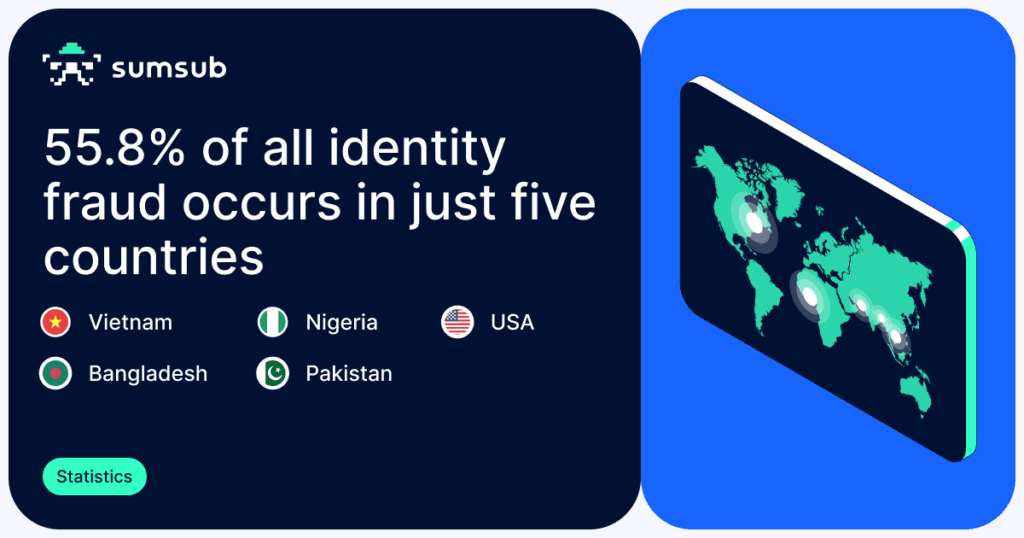In Brief
-
Nigeria’s fragmented crypto regulatory framework has drawn sharp criticism from the IMF, which warns of capital flight, FX instability, and increased security threats.
-
The country’s booming crypto economy—driven by stablecoins and cross-border payments—has outpaced the development of effective oversight and enforcement tools.
-
The IMF recommends urgent, enforceable, and coordinated regulation aligned with global standards to prevent long-term macroeconomic risks in Nigeria.
The IMF has once again issued a stark warning to Nigeria: the nation’s growing use of digital assets without a clear-cut crypto regulatory framework poses significant risks to its economic stability.
With digital assets steadily replacing fiat currencies, the IMF hints at the potential dangers Nigeria faces, particularly in its Foreign Exchange Management, Capital flow regulation and Anti-money laundering efforts.
Why the IMF Sounds the Alarm on Nigeria
Nigeria stands at the epicentre of the global crypto boom with the IMF’s latest research; Nigeria Article IV Consultation report (July 2025) revealed that the country ranks among the top three crypto adopters globally.
This figure is exemplified by recent findings from Chainalysis revealing that over $59 billion in Africa’s crypto ecosystems circulate solely within Nigerian borders.
Furthermore, a 2024 Consensys/YouGov survey dissected this figure, showcasing that 62% of Nigerian crypto users held Bitcoin, followed by Binance Coin (51%), Ethereum (41%), Dogecoin, Tether, and Solana.
To most within the space, the rapid rate of crypto adoption in Nigeria is something to envy. However, the IMF highlights a different perspective.
CHECK OUT: Asset Chain Launches Gasless DEX Platform for Nigerian Crypto Traders and Investors
Its concerns are multifaceted, with the core issues stemming from a nascent crypto regulatory framework.
Capital Flight and FX Instability
Out of the $59 billion, stablecoins account for at least 43%, facilitating factors like cross-border transactions and payment options for some.
According to the IMF, this very dependency undermines official capital flow management. Crypto-based capital flight channels foreign exchange outside the formal banking systems.
This directly strains Nigeria’s already strained FX liquidity, widening the gap between official and parallel market exchange rates.
“The widespread use of crypto assets for cross-border transactions could undermine FX regulation and increase illicit capital outflows” – IMF.
This factor directly threatens FX stability.

Macroeconomic Distortions
Crypto is preferred due to its ability to fly below the government radar. Many capitalize on it to avoid things like taxes.
However, this is a major loss for the economy.
With large volumes of financial activity occurring outside regulated channels, the CBN’s ability to effectively manage inflation, interest rates and money supply greatly dwindles.
These factors contribute to the Naira’s decline, with many within the region’s formal and informal community opting for high value, easy accessibility, low costs and no tax option crypto provides.
If you think the Naira has taken a nose dive, the IMF predicts worse tidings.
Illicit Finance and Security Risks
Security is a global concern for digital assets globally, and the Nigerian crypto regulations miss this mark.
As a result, the country remains on the FATF Grey List for weaknesses in Anti-Money Laundering (AML) and Counter-Terrorist Financing (CFT) frameworks.
Reports like Sumsub’s 2024 “Fraudlympics” paint a disturbing picture, ranking Nigeria first globally for crypto fraud (1,056%), identity theft (748%), and forced verification scams (1,091%).
Somehow, despite being Africa’s leading crypto ecosystem, it also houses its highest scam rate, taking advantage of the anonymity crypto offers to a new level.

As a result, money laundering, tax evasion, and potential terrorism financing contributed to Nigeria ranking 6th globally in the 2025 Global Terrorism Index.
A fragmented crypto regulatory Framework doesn’t cut it.
Nigeria has given much thought to how best to deal with its growing crypto ecosystem; however, progress hasn’t been smooth.
It was only recently did the nation sought to streamline its crypto regulatory framework after it became painfully clear adoption wouldn’t stop or slow down.
The various initiatives have included:
- Mandatory VASP Registration (May 2024): Requiring all crypto firms to maintain a physical presence in Nigeria and submit regular transaction data.
- cNGN Stablecoin Launch (Early 2025): Introducing a naira-pegged stablecoin via licensed exchanges to offer a regulated local digital alternative.
- “Crypto Smart, Nigeria Strong” Initiative (June 2025): A national program focusing on crypto education, compliance, collaboration, innovation, and investor protection.
- Developing Frameworks (June 2025): Actively co-creating structures for regulating naira-backed stablecoins and Virtual Asset Service Providers (VASPs), ensuring transparency and operational guidelines.
- Blockchain for Transparency & Global Collaboration (February 2025): Integrating blockchain for improved SEC oversight and aligning with international standards through bodies like IOSCO.
Despite the clear effort, the IMF pointed out its fragmented state significantly contributed to its negligible impact. The crypto industry is vast and requires comprehensive overnights touching on issues that encompass the enormous applicability of digital assets.
Fast-growing fintech and crypto sectors require robust risk-based supervision. A coordinated and enforceable legal framework for crypto assets is urgently needed – IMF.
The IMF has proposed that Nigeria’s SEC double down and create policies and frameworks with enhanced KYC/AML oversight platforms. Aligning all policies rigorously with global FAFT standards prevents future issues often masked by the lucrative state crypto portrays.
CHECK OUT: Inside ISA 2024: How Nigeria Is Legalizing Crypto and Cracking Down on Ponzi Scheme Laws
The warning is clear: without a robust, enforceable, and coordinated crypto regulatory framework, the very real benefits of innovation and financial inclusion are overshadowed.
Substantial threats to FX stability, devaluation of the local Fiat currency, and the negative economic impacts of crypto will dominate if nothing changes.
The IMF crypto concerns are valued, now more than ever, with Africa shifting towards regulation.


2 comments
[…] CHECK OUT:Nigeria’s Crypto Boom: IMF Warns of FX Risks & Urges Tighter Regulation […]
[…] CHECK OUT: Nigeria’s Crypto Boom: IMF Warns of FX Risks; Urges Tighter Regulation […]